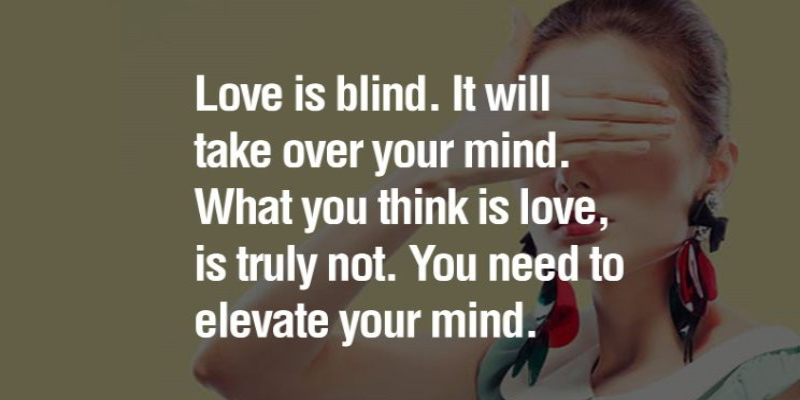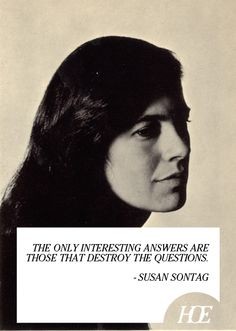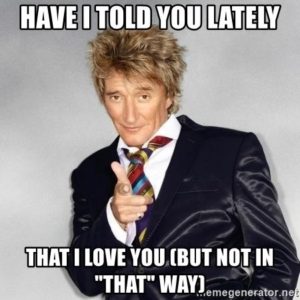The question “What is Love?” has been pondered over for as long as we have a word to represent it. It has been tackled by some of the deepest minds to have graced this planet with their presence, and yet with all that wisdom at the end of our fingertips we seem to be further from a good answer to that question than we ever have been.
The word “love”, once the realm of poets, mystics and lovers has been watered down, thrown around and replaced with generic emojis in our modern world.
We use it to describe the relationship between partners and children, intimate partners, our shiny new gadget, our favorite dessert, and our connection to every other living being in the universe. Are any of those uses wrong? Well that depends on your definition of love.

The spread of uses is vast, from something that gives us a moment of pleasure to the deepest strongest connection a human being can experience. The most common dictionary definition of love goes something like this: “Love is a strong feeling of affection.” Well that certainly explains how we may experience it while at the same time commits a deep crime of oversimplification. Does it actually tell us what love is?
Wikipedia states, “The conventional view in biology is that there are three major drives in love – sex drive, attachment, and partner preference. The primary neurochemicals (neurotransmitters, sex hormones, and neuropeptides) that govern these drives are testosterone, estrogen, dopamine, oxytocin, and vasopressin.”
Well that just about took all the meaning out of the word love. Reduced to neurochemicals, it becomes no more than a feature of this flesh suit we seem to be inhabiting. That scientific, biological definition may all be true, but does it help us understand love any better?
Accuracy does not equal validity. We can analyze a baby down to the very atoms that make up its cells but that doesn’t tell us how we should parent that child.
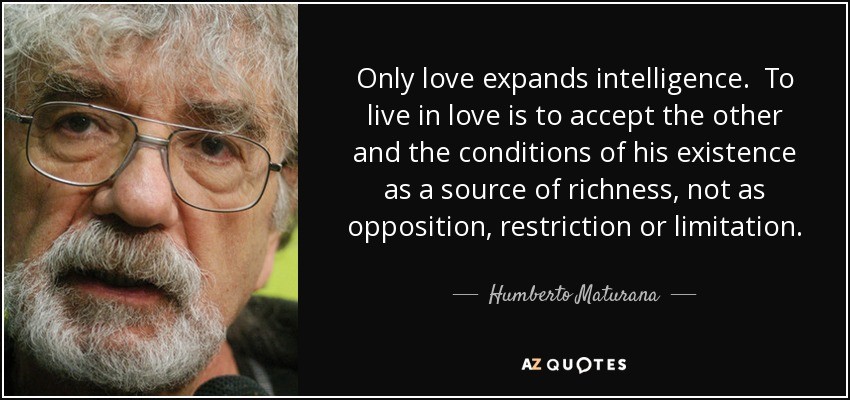
Humberto Maturana, author of ‘The Origin of Humanness and the Biology of Love’, has developed a theory based on human evolutionary history. According to his research, humans are unique in the animal kingdom due to a concept called neoteny, which is basically the idea that humans never really grow up, that we remain childlike as adults.
From a physical perspective this can be seen from the lack of hair growth on our bodies, unlike other apes, and from an emotional perspective that we retain that loving, tender quality of childhood attachment. Maturana would like to think that we are Homo Amans, the loving species as opposed to Homo Sapiens, the wise species. Due to this open, childlike quality, our capacity for love throughout life in all of our relationships, not just those with our mothers, has expanded dramatically.
“Love is the domain of those relational behaviors in which the other arises as a legitimate other in coexistence with oneself.” – Humberto Maturana
It seems that we are getting closer to a useful answer in response to the question at hand. But what about love that is an experience rather than a behavior? And what about loving oneself? I am not a legitimate other in coexistence with myself.
If I try to decode what I perceive Maturana to be expressing, it seems to hold the essence of the words of the erotic novelist Anais Nin.
“What is love but acceptance of the other, whatever he is.” – Anais Nin
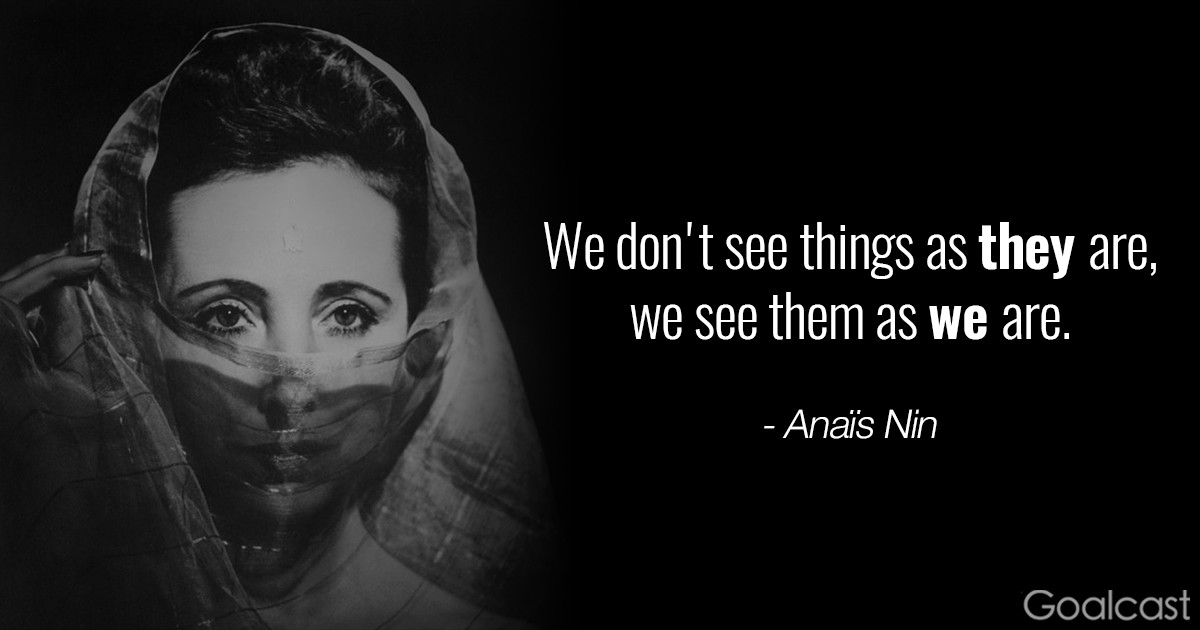
Being European, and the same could be said of a North American, when I use the word love, the assumption is often made that I am talking of romantic love. Western culture is tainted by Shakespeare’s bittersweet love of Romeo and Juliet.
“Love looks not with the eyes, but with the mind, and therefore is winged Cupid painted blind.” – Shakespeare
Having lived in China and more importantly, being married to a Chinese wife it has become abundantly clear to me that culture influences our perspectives on even a human experience as fundamental as love. There is a sense of responsibility that goes hand in hand with love in China, arising from collectivistic culture based on Confucian Principles that put the family at the center, as opposed to the individual in the West. The word for love in Chinese Ai (愛) carries a heaviness that means it is rarely spoken out loud, instead being replaced by Wo Xihuan Ni (我喜欢你) which literally translated means “I like you”.
“Love is a decision – not an emotion.” – Lao Tzu
“You yourself, as much as anyone in the entire universe, deserve your love and attention.” – Buddha
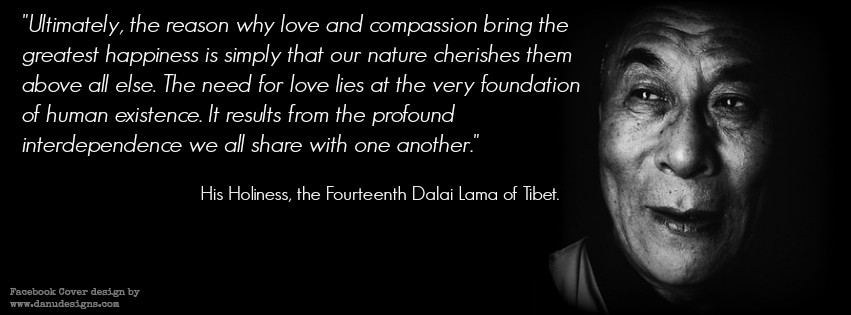
In the West, the historical foundations of our understanding of love come firstly from the Ancient Greek philosophers who identified four forms of love: familial love (storge), friendly love (philia), romantic love (eros), and divine love (agape).
“One word frees us of all the weight and pain of life: That word is love”. – Sophocles
“Love is composed of a single soul inhabiting two bodies.” – Aristotle
“Love is the name for our pursuit of wholeness, for our desire to be complete.” – Plato
And secondly from the teachings of the Bible and more specifically Jesus who brought love to the world in a language that was accessible to all.
“Love others as well as you love yourself” and “Do unto others as you would have them do unto you.” – Jesus
Freudian psychology was riddled with Freud’s perception of reality, and so too it seems are most definitions of love, intrinsically weaved through the perspective and worldview from which they are expressed.
“I think, if it is true that there are as many minds as there are heads, then there are as many kinds of love as there are hearts.” — Leo Tolstoy
Am I left being more confused than when I had started?
“Nothing is mysterious, no human relation, except love.” – Susan Sontag
We love a good mystery, us humans. But is the mystery but a distraction?
Perhaps the whole idea of “thinking” is what leads us off course, and trying to define it in words or seeking “it” takes us further from an indescribable experience. As soon as you think you have it, it slips through your fingers, ever elusive yet always ready to be had in the next moment. When we feel it, we know it in our hearts, as our eyes know light despite our inability to catch it and lock it in a box.
The Sufi mystic and poet Rumi lets us off the hook while simultaneously hooking us from behind:
“Explanation by the tongue makes most things clear, but love unexplained is clearer. Your task is not to seek for love, but merely to seek and find all the barriers within yourself that you have built against it.” _ Rumi
If the meaning of life is to find the meaning of life, likewise love is clearly not a bunch of words stringed into a sentence. Perhaps it can only be found through the inquiry into uncovering what is already there ready for you to hold when you stop holding yourself back.
In the Masters Program where I am researching all of this, my mentor Pille Bunnell, colleague of Maturana and editor of much of his work, recently exclaimed in all sincerity, “The time has come in our class when I can now tell you that I love you!” She knew that we had learned enough not to confuse her meaning with the romantic notion of love.
A wonderful human being and friend of mine Marlaine Cover, founder of the non-profit Parenting 2.0 which advocates life skills for kids, recently wrote me a message out of the blue after not having spoken in years, “Have I told you lately that I love you?” And I could feel it, there was no agenda, just pure good will, reaching out to let me know there was acceptance of me as another legitimate human being.
I sign off every email with “Love and Gratitude”, and it’s not an automatic signature, I write it each time, genuinely expressing love. I understand to some, it may seem outlandish, making them wonder, “what is he smoking?” But the honest reality is I love everyone. With some who trigger me, it may require more conscious attention, and only some will let me in, others may be fearful that I may not be genuine or may hurt them in some way. And that is the point, it is precisely because of my vulnerability that others may feel comfortable to open up too.
When I first vulnerably opened up and said “I love you” to my girlfriend, who is now my wife, it opened up a capacity for me to feel again, having shut off the connection to my heart when my parents had divorced a decade before. I could cry again, the joy and pain of life all came flooding back. I understand now, why we have this fixation on romantic love. It is a gateway into knowing ourselves, to feeling complete, not because the other completes us, but because they help us realize we are already complete.
Relationships offer a mirror for our own evolution. Having children has pushed all my buttons, triggering hidden, ignored and forgotten childhood traumas. Parenting, done consciously, is a spiritual path revealing areas of ourselves we have not yet learned to love. And so the potential exists in all relationships, each one bringing us closer to ourselves, to the realization that we are all one, and so acceptance of the other is acceptance of the self and acceptance of the self is acceptance of the other.
Your Heart is Smarter than Your Brain Thinks, offering a guide for evolution, a natural unfolding of the self. It is that connection to the heart that is so lacking in the modern world. I coach people, acting as a mirror, so they can learn to listen to their hearts, by loving them, without judgement, without expectations, just caring for and nurturing their true self that they have hidden from the world. And then in a bittersweet emptying of the nest, they unfold their wings and take flight, no longer needing me with love as their compass they too grace the world with their presence.
Love and Gratitude,
Fionn
P.S. I’d love to hear what love is to you?
Hey You – Awesome Human!
I write about how we can reach our potential through Conscious Evolution – personal, social and planetary – and share tips, techniques and technologies you can use to live from a better space, make the world a better place and evolve us humans into a better race.
I hope you’ll join me on this journey by following me on LinkedIn here, and share with those who are also Awesome Humans.
If you’d like a free copy of my Ultimate Guide to Live a Life You Love: Design Your Dream, Unleash Your Potential & Fulfill Your Potential, then click here.
I’m always interested in humans who care about making a difference, so connect with me here or visit fionnwright.com to book a trial session and inspire me with your Dream!
If you liked this article you may also like my other articles:
